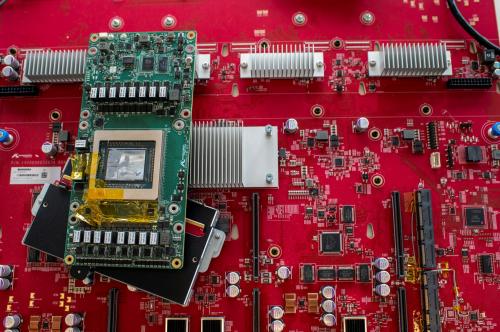2024
Under the “America First” banner, President Trump has promised a reset of U.S. trade policy, focusing heavily on negotiating a string of bilateral trade agreements. For trade-dependent economies in Asia with close ties to the United States, like Japan and Taiwan, this moment of disruption in international trade presents both risks and opportunities. The U.S.-China trade war and the increasing bifurcation of high-tech platforms present major challenges for the Japanese and Taiwanese economies, both at the center of global supply chains and with advanced technological capabilities. On the other hand, a bilateral trade agreement with the United States offers a chance to leave behind market access irritants and deepen bilateral ties.
Japan and Taiwan, however, are not starting at the same place. Japan has concluded two mega trade agreements and has just come to a preliminary agreement on a trade deal with the U.S., while Taiwan is interested in launching negotiations to ameliorate its economic and diplomatic isolation. What challenges must be overcome to forge a trade agreement? Can the U.S. articulate an effective bilateral trade strategy in Asia?
On Tuesday, September 17, the Center for East Asia Policy Studies at Brookings, the U.S.-Japan Research Institute, and the Global Taiwan Institute co-hosted a panel of experts to discuss these issues. Panelists also examined how Japan and Taiwan have weathered the tariff trade war and how they can prepare themselves for a protracted U.S.-China economic conflict.
Following the discussion, panelists answered questions from the audience.
Agenda
-
September 17
-
Panelists
Moderator
 Mireya Solís Director - Center for Asia Policy Studies, Senior Fellow - Foreign Policy, Center for Asia Policy Studies, Philip Knight Chair in Japan Studies @solis_msolis
Mireya Solís Director - Center for Asia Policy Studies, Senior Fellow - Foreign Policy, Center for Asia Policy Studies, Philip Knight Chair in Japan Studies @solis_msolisPanelist
JCJinji Chen Professor and Dean, Graduate School of Financial Management - CTBC Business School
-


